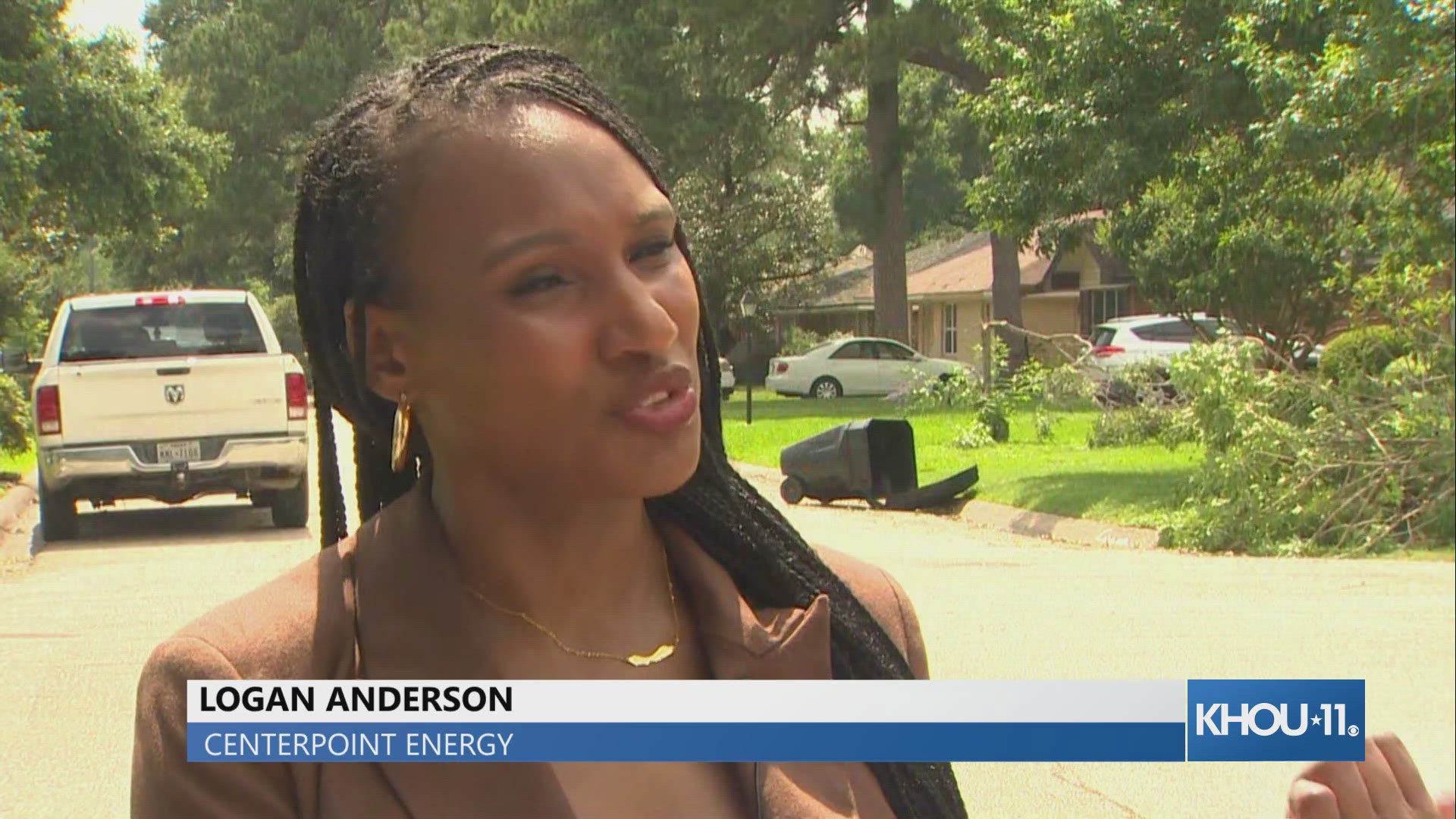NASA is the gold standard in space, and in human space flight, but SpaceX is redefining space culture and making it cool again. Back in the swingin' 1960s, JFK ordered Americans to the moon, and we got there. It was the height of the cold war and winning this space race was important to our national pride and to our standing in the eyes of the world. The Space Shuttle program which followed made Houston a true, "Space City." The International Space Station (ISS) sealed NASA (and Houston's) golden reputation in the realm of human space flight, and certainly does today. Next stop: Mars, in the 2030s....
But the swagger was lost along the way. (Enter Elon Musk.... more on him, in a moment.)

No One Cares
Somewhere along the way between political scandals in the early 1970s with Nixon, interest in space from TV viewers faded. It become routine. Then, Watergate stole the show when news broke in summer of 1972 that a burglary connected to Nixon had occurred. Trust with officials was put into question and the hero worship of the '60s space program and regular live coverage ended. NASA actually had to pay networks to carry their signal for Apollo 13. The PR gravy train was over and publicly-funded budgets consequently got cut. The last moon mission launched on December 7, 1972 and all planned missions were canceled.


NASA didn't lose its cool factor entirely, but kept its cool in a, "dad" kind of way. The rules are the rules and he'll get you there safely, if you follow the rules. It may take you longer. It may not be exciting. But you'll make it. What did end was the superstar swagger it enjoyed in the previous decade.
-
While Musk's rockets stand on the shoulders of giants, he's broken some unwritten rules in the culture of space flight. He's like the product of the cool dad: the rebellious teen ... who's got the swagger! (More on Musk and his SpaceX, later.)
-
No One Has Cared For a While
Compounding this lack of interest in space came a general and long-standing lag in scientific education and it meant many out there did not understand why much of NASA's research was so awesome. Once the pop culture part of space travel ended, the abstract nature of it all required effort and education to comprehend. A study by Michigan State University said at the time, only 28% of Americans were considered, "scientifically literate." Even more shocking, the study same says that number had improved 18% from the previous two decades. But still today, many genuinely believe the Earth is flat. (Some think a, "Soyuz capsule" is a pill ... to treat a toothache.)
-
Pop culture rules the day
But wait... what about NASA sending rovers to Mars? What about the Europeans crashed a probe into an astroid. (Yes, that's neat ... but what's new on Netflix tonight?) I'm playing devils advocate but if you ask 10 people, 8 could tell you the name of this season's, "The Bachelor" but likely none could tell you who Gordon Cooper was.

Back to Elon Musk: While he stands on the shoulders of NASA (and in many ways, with NASA), he just got our attention in a way they haven't since their first moon shot. He just launched a cherry-red Roadster sports car into deep space and just grabbed the headlines and the imagination of millions. He understood how you get people's attention and he did.

Swagger
While others would have launched boring dummy weight like a fake satellite, hunk of cement, or other simulated payload to test its new rocket, he chose to put a brand new, $250,000, 0-6 in 1.9 seconds race car into the infinite, black abyss. It was captivating. So many people stopped what they were doing to watch. When the twin boosters came back to Earth and landed in sync from where they were launched, so many children watching suddenly, "knew" what they wanted to do. It was Star Trek in real life! Adults experienced a reawakening of their passion for space.
As Starman drives to Mars, images were sent back in real-time from video cameras attached to the car. We saw Earth for what it is: a tiny blue ball floating in an infinite sea of nothing. In this endless realm, the only object we could cling to for safety was a the thing we could drive. It wasn't a scientific instrument composed of complex pipes in a wire-ridden contraption, but something all Americans love: a sports car! We are all driving that car. We are all Starman. We will ride all the way to Mars and the asteroid belt! To the critics who say it holds no scientific benefit, Musk admits: “It’s kind of silly and fun, but silly and fun things are important.” He's right and he won.

Market Rules
Musk's Falcon Heavy system can lift a similar payload to the new NASA SLS for a 1/10th of the cost, says SpaceX. (NASA's system isn't actually even ready, but it's estimated to cost $1 billion per launch, verses SpaceX's $90 million, with a similar payload capability.) Some suggest by default that NASA's new system is already obsolete before it's reached the launch pad. That said, there may be some animosity stirring. Maybe it's just friendly competition. NASA sent a press release the day after Musk's successful launch, titled, "Next Generation of Space Exploration Starts at NASA". Musk too, plans to send humans to mars. Except he also wants to build vast cities on the Red Planet. Could it be a new space race? -Brooks Garner - Follow me on Facebook/Twitter/Instagram



